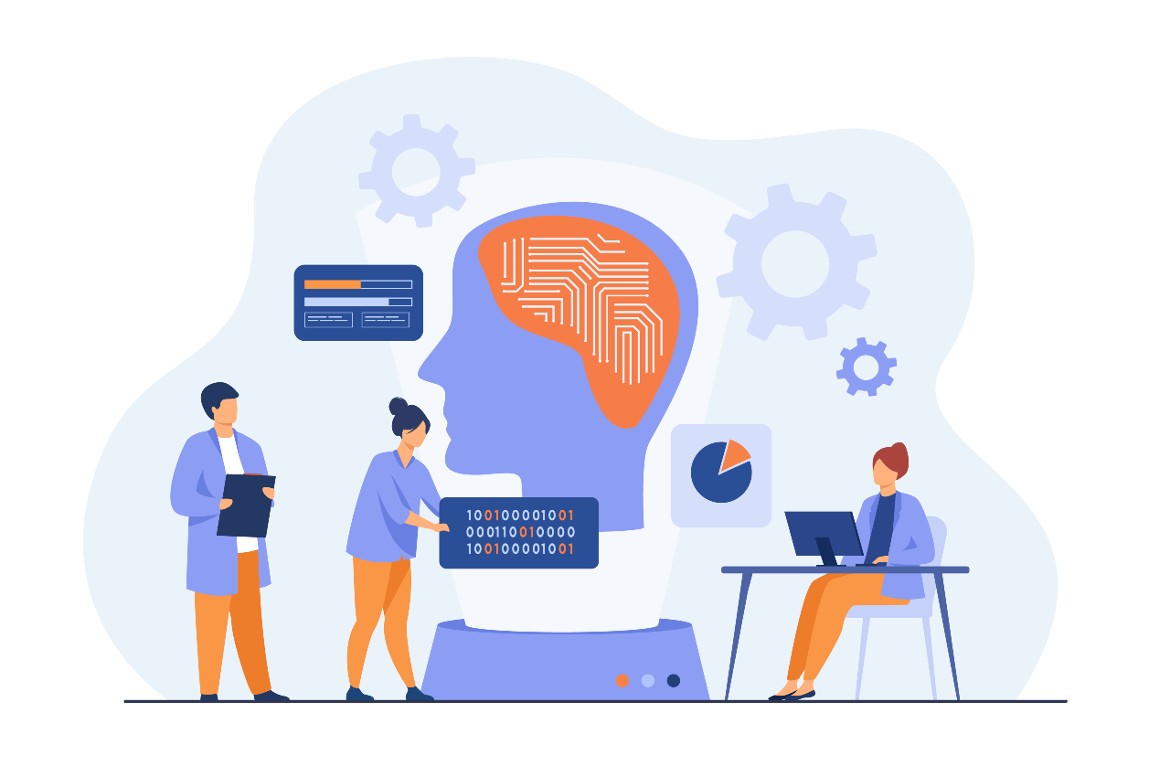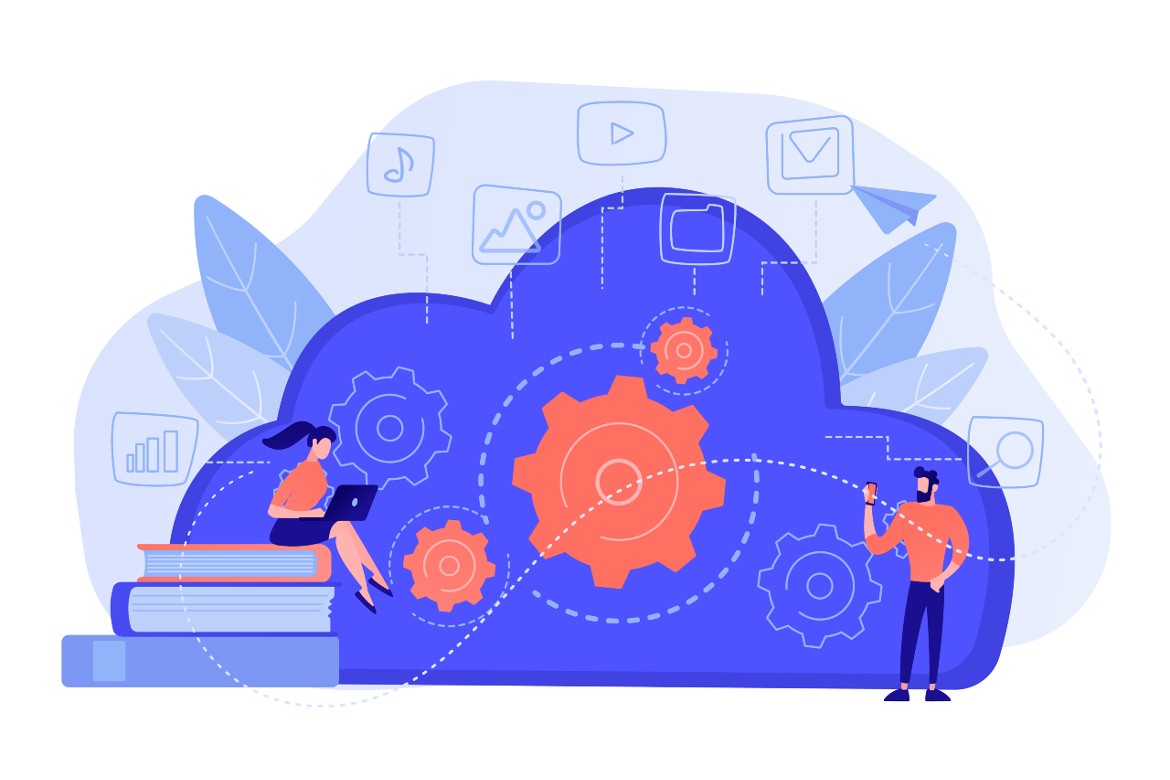Why Embracing On-the-Job Learners Is Key to Future-Proofing Your Company
Why is the topic of embracing candidates with a growth mindset so important today? As a recruitment agency, we frequently encounter candidates who have the necessary qualifications, relevant experience, and, crucially, the right mindset—an outlook focused on growth and development. But, most often it’s these individuals who are overlooked simply because they don’t meet every single criteria listed in the job description.
This trend is particularly more common in our experience of women candidates. Through interviews with industry leaders and our own experiences running mentorship programs, we’ve gained valuable insights into this issue. It’s a recurring pain point expressed by many of our candidates, one that not only affects their confidence but also contributes to the broader challenge of professionals seeking to re-enter the workforce.
Today I’m going to share a few important insights that hopefully end with you, as a decision maker, giving candidates with the right mindset a fair shot at the job you’re hiring for.
-
Changing Nature of Workforce Requirements

There’s no doubt the landscape of the current workforce is evolving at a really fast pace. AI is seeping into all different areas within the tech sector and beyond and this being a relatively newer area, it’s important now more than ever to prioritise candidates who are eager to learn and grow, thereby future-proofing your team. Rather than focusing solely on candidates with a specific set of skills that may become outdated over time, investing in individuals who have the potential to develop new skills ensures that your team remains versatile and capable of meeting future challenges head-on.
In the fast-paced IT industry, technologies and methodologies are constantly evolving. Hiring candidates who demonstrate a willingness to learn on the job ensures that your team can adapt to these changes quickly and effectively. They are more likely to embrace new tools, frameworks, and approaches, enabling your organisation to stay competitive and innovative.
One of the challenges with interview processes is that it’s far easier to base hiring decisions on historic experience, rather than future potential. It is certainly the case that prior experience is a strong indicator of what a candidate can do and the skills they have. But this needs to be balanced with the future potential for learning, adapting and growing in a role. In point 6 below, I have outlined some approaches to uncover future potential in an interview context.
-
Potential Benefits for Companies
This could also impact the overall company culture in a positive manner by fostering a culture of continuous learning and improvement. When employees are encouraged to expand their knowledge and skills, they become more engaged, motivated, and invested in their work. This not only leads to higher job satisfaction but also results in better performance and outcomes for your business.
For example, from many of the candidates our consultants spoke to over the course of our women in tech mentorship program, it was quite clear that they spent a lot of their time trying to upskill in different areas and broaden their skillset, which means they could be bringing additional resources and ideas to the table that might enhance different areas of the team.
-
Overcoming Skill Gaps

As I mentioned earlier in this dynamic market having candidates who have a learning mindset can really help companies thrive. So investing in a fully kitted out employee training and development program can lead to long term organisational growth. If your employees see that you’re focused on investing in them and helping them scale up through the organisation, it will create a stronger sense of loyalty.
For example, some great strategies surrounding learning and development could focus on technical training programs covering different languages, software development methodologies, etc. It’s also important to ensure that these training opportunities are delivered in varied forms like instructor-led courses, workshops and online courses, so that you’re able to cater to different styles and preferences. Also, hackathons, coding challenges, or innovation competitions that foster creativity, collaboration, and problem-solving skills among employees is key.
Additionally, facilitate cross-functional rotations where employees have the opportunity to work on projects outside their usual scope, this will help them gain exposure to different technologies, business domains, and team dynamics. Encouraging collaboration between technical and non-technical teams to promote a holistic understanding of the business and foster innovation.
-
Diversity and Inclusion
It’s 2024, we all understand the importance of diversity and inclusion in a workplace. The level of creativity and innovation it brings to an organisation is unmatched. As I’ve highlighted above one of the most prominent areas we see gender disparity is within the tech space and one of the best ways to help counter this is to establish mentorship programs.
As decision makers in a company you should encourage knowledge sharing and informal learning opportunities through mentorship circles, peer coaching networks, or lunch-and-learn sessions. This way you’re able to boost confidence and mould strong members for your team.
-
Practical Tips for Hiring Managers

So, as a Hiring Manager, what should you focus on while reviewing the candidate in front of you and what kind of interview questions will help you identify their willingness to learn?
Top 3 interview questions you can ask your candidates:
– “Can you tell me about a time when you faced a technical problem you didn’t know how to solve? How did you approach it?”
– “Describe a situation where you had to quickly learn a new skill or technology to complete a project. How did you go about it?”
– “Tell me about a mistake you made in your work. How did you handle it, and what did you learn from the experience?”
Along with above mentioned questions, going over the candidates certifications, courses, workshops, projects, or volunteer experiences that demonstrate a proactive approach to learning and self-improvement can be a useful indicator regarding their mind set.
Another key indicator would be the questions they bring to the table. Inquisitive candidates who ask thoughtful questions about the role, the company, and the industry are often eager to learn and grow. Ideally you want to hear the candidate ask about what training programmes are in place and prioritise their growth and learning in the role over other things.
Technical expertise is key, we are not denying that, but seeking candidates with a focus on growth and innovation is also key to stay ahead of the game. When considering candidates who may not tick every box on a job description, prioritise their mindset and willingness to learn. You might be in the midst of your next star hire.
If you’re currently navigating the hiring process and seeking a better understanding of the market, don’t hesitate to reach out to us. We’re here to provide the insights and support you need to enhance your hiring strategies and find the best talent for your team.

